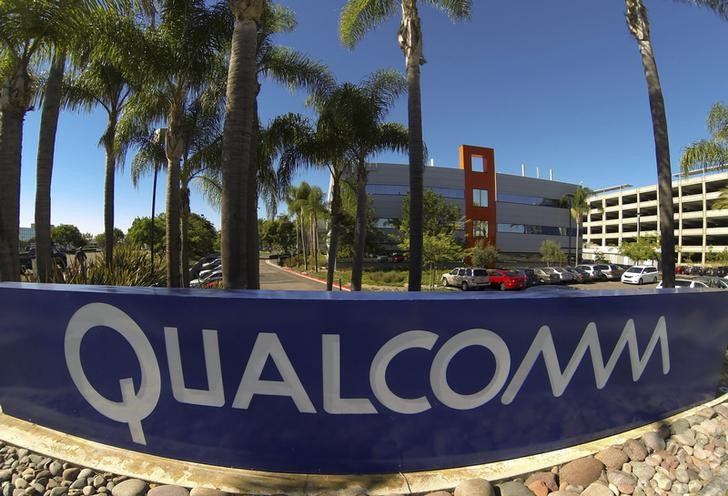By Noel Randewich
SAN FRANCISCO (Reuters) - Qualcomm on Monday unveiled easy-to-use blueprints to help manufacturers make LED light bulbs that use the chipmaker's wifi technology to connect to the Internet.
"Smart" light bulbs and other gadgets from thermostats to door locks packed with chips and sensors can be controlled remotely or programmed to turn on and off at different times or when people enter or leave their homes.
Qualcomm, the smartphone chipmaker based in San Diego, California, and rivals like Intel are rushing to stake out market share in the fast-growing sector.
Working with smart light bulb startup LIFX, Qualcomm is offering easy-to-implement wifi platforms designed for LED light bulbs as well as a complete design that covers the wifi and the light bulb itself.
Such reference designs are widely used by chipmakers in China to encourage companies making inexpensive smartphones to use their components.
Shipments of home automation gadgets will more than double this year to 230 million units, according to market research firm Gartner.
Philips and other companies have launched smart light bulbs using a low-power wireless standard called Zigbee, which requires a hub device to connect to the Internet.
High prices have held back the adoption of Internet-connected light bulbs, with Philips' starter sets retailing for around $200 (131 pounds).

Qualcomm's light bulb design can connect to the Internet through commonly used wifi routers.
(Reporting by Noel Randewich; Editing by David Gregorio)